How Africa Center Hong Kong founder and CEO Innocent Mutanga is “rebranding” Africa
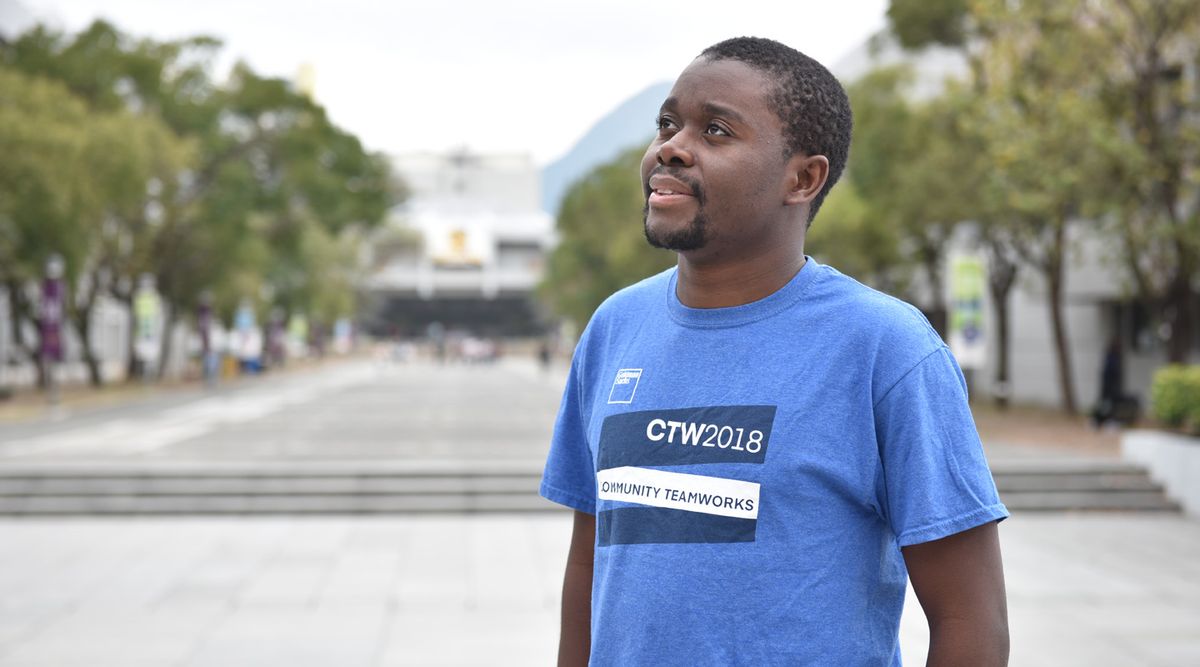
A few minutes every morning is all you need.
Stay up to date on the world's Headlines and Human Stories. It's fun, it's factual, it's fluff-free.

As globalization and tools like the internet make the world seem smaller and easier to explore, we have more opportunities now than ever before to appreciate its rich diversity. Through either the physical or virtual crossing of human-made borders, we can more closely connect with cultures and environments that we’ve never gotten the chance to before.
One organization working on crossing divides and fostering appreciation between cultures is Africa Center Hong Kong (ACHK). This group bridges the gaps between African and non-African communities in Asia, specifically by “rebranding Blackness.”
Over the past few centuries, Africa and its people have been exploited through colonialism and imperialism. However, it has remained rich in culture and beauty with a diaspora spread across the globe. ACHK is dedicated to working “for a future where Africa has an equal footing.” The group’s goals include “rebranding Blackness,” “connecting communities” and “Black consciousness.”
TMS sat down with Innocent Mutanga, founder and chief executive officer of ACHK, to discuss his background, creating ACHK and how it is going about its mission.
Growing up in Zimbabwe
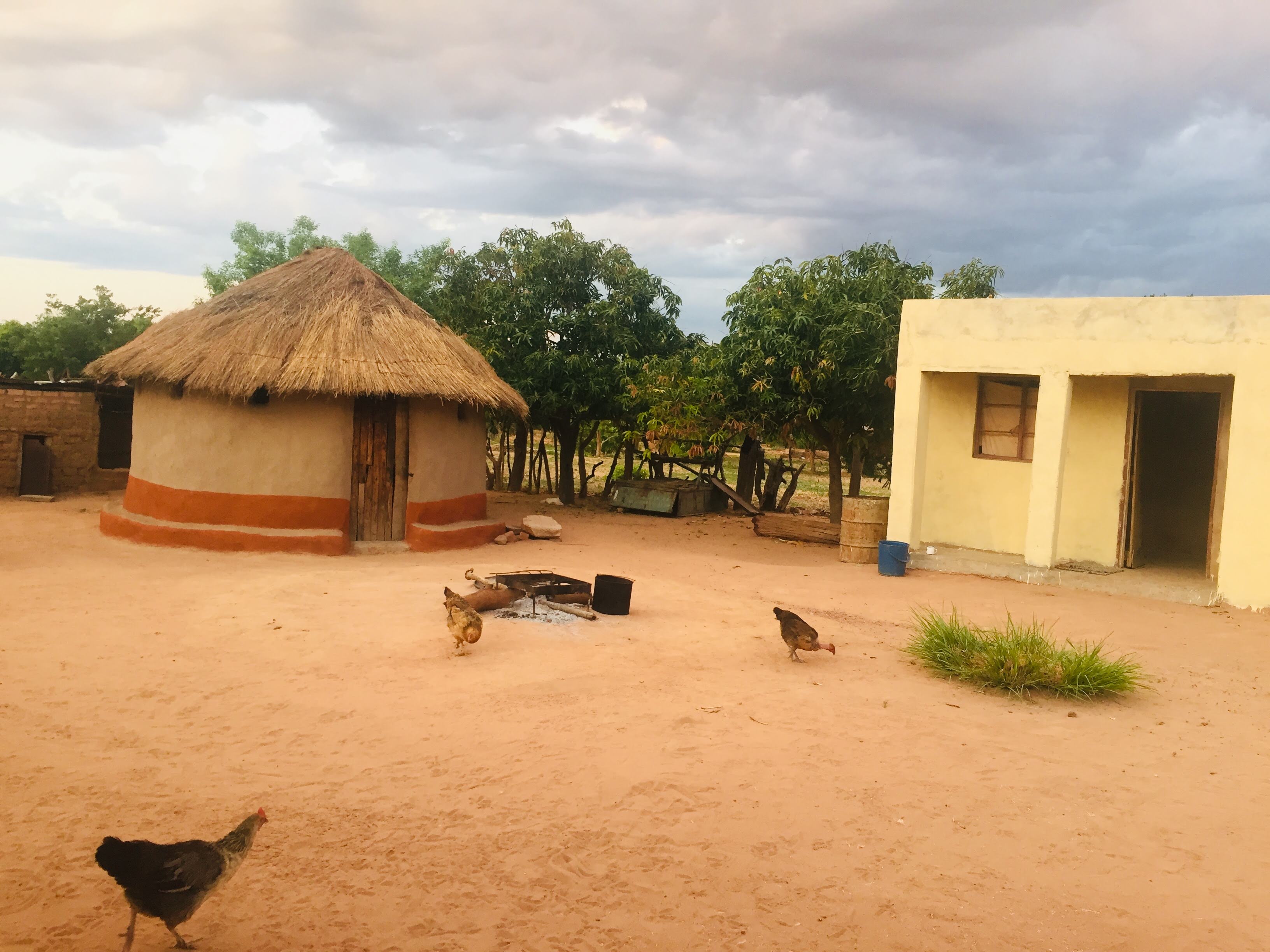
Mutanga grew up in a mining town in Zimbabwe called Hwange, about 100 km from the popular tourist destination Victoria Falls. Throughout his childhood, Mutanga says, “I didn’t know that we were on the lower socioeconomic status.”
“I used to think everybody was … we were fine,” he remembers. “When I got older, I realized, ‘Oh, some people have toilets which are inside their houses.’” Growing up in his community, Mutanga was accustomed to using a public restroom outside of his home.
Mutanga now touts the education system in Zimbabwe as state of the art and expresses happiness in the progress that the Zimbabwean economy has made since it reached “peak terribleness,” as Mutanga claims, in 2008. He attributes some of these economic issues to the country’s history of colonialism as well as to “the EU and the US sanctions isolating the country, not allowing the country to trade with anybody.” The government has also faced corruption and unrest under former president Robert Mugabe. However, both politics and infrastructure in Zimbabwe are now experiencing progress.
As he matured, Mutanga was able to connect with many cultures within his area. “I guess what was also special with that place is that [there were] a lot of ethnic groups there from Zambia, Malawi, Mozambique,” he says. “So I grew up speaking those languages as well.” Mutanga spent much of his young life traveling around among different ethnic groups, staying with various family members and learning different languages.
Mutanga elaborates on how this pattern of movement during his developmental years continues to impact his life. “If I moved to another place, it’s a lot easier for me to understand the community or new people better because that’s literally … that was my life. You know, as a kid, you must dare. You have to understand their way of life. So it’s a lot easier.
“And, I guess one of the most important things that I want to point out is, I have a tendency now, whenever I go to a new place or I get to start a new thing, it helps me to adapt, to change very quickly, as opposed to other people.”
Coming to Hong Kong
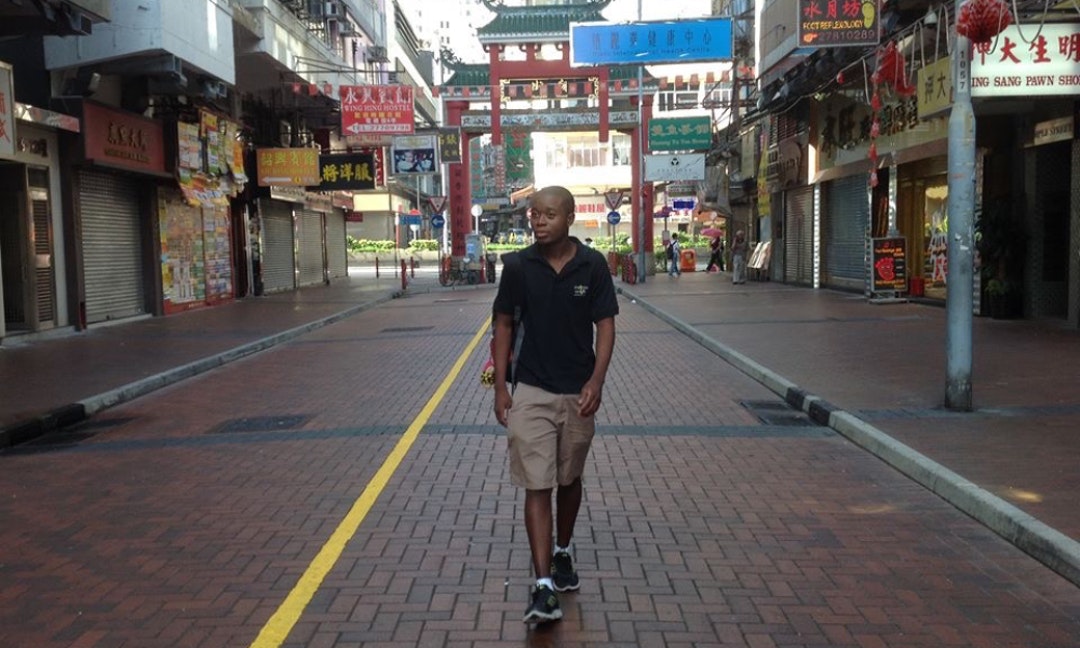
As a young adult, Mutanga was forced to flee Zimbabwe due to his political activism. As a result, he was abducted at age 21 by Zimbabwe’s Central Intelligence Organisation (not to be confused with the US Central Intelligence Agency). Upon his abduction, Mutanga says, “I realized I was not invincible.”
He’d started to get engaged with community organizations at age 14, even though “everybody was warning” him and his friends against doing so. As a young adult in Zimbabwe, Mutanga and his friends participated in activism to lower the minimum age of holding political office, which is 40 years old.
At age 21, Mutanga left Zimbabwe, fleeing the secret police within the country. Arriving in Hong Kong, he first experienced a period of homelessness.
“I didn’t imagine that I would be sleeping on the benches, roaming around the ferries,” he reflects. “When I was on the streets, I knew it was a low moment. But I, just me being me, I was like, ‘You know what? What can I use this time to study the community?’ That was me. Let me learn about these people, have a place to learn about things at the bottom of the society.
“That’s a better university education than you can get at any university … Usually I’m just the type of person who, if you throw me in fire, when I come out of there, I’m an expert on fire.”
Still, this period of homelessness was challenging for Mutanga. He recalls losing weight and feeling exploited by various charitable organizations and NGOs. He was homeless for four months. During those months, though, Mutanga refused to jeopardize his dignity.
“When I was young, my hero was people like Nelson Mandela,” says Mutanga. “Dignity is what he talked about a lot. I can for no reason sell out my dignity. I knew very well when I was growing up that I may not have anything or everything, but the only thing I won’t lose is my dignity. No matter what. I will not sell my dignity for a loaf of bread.”
Rising up
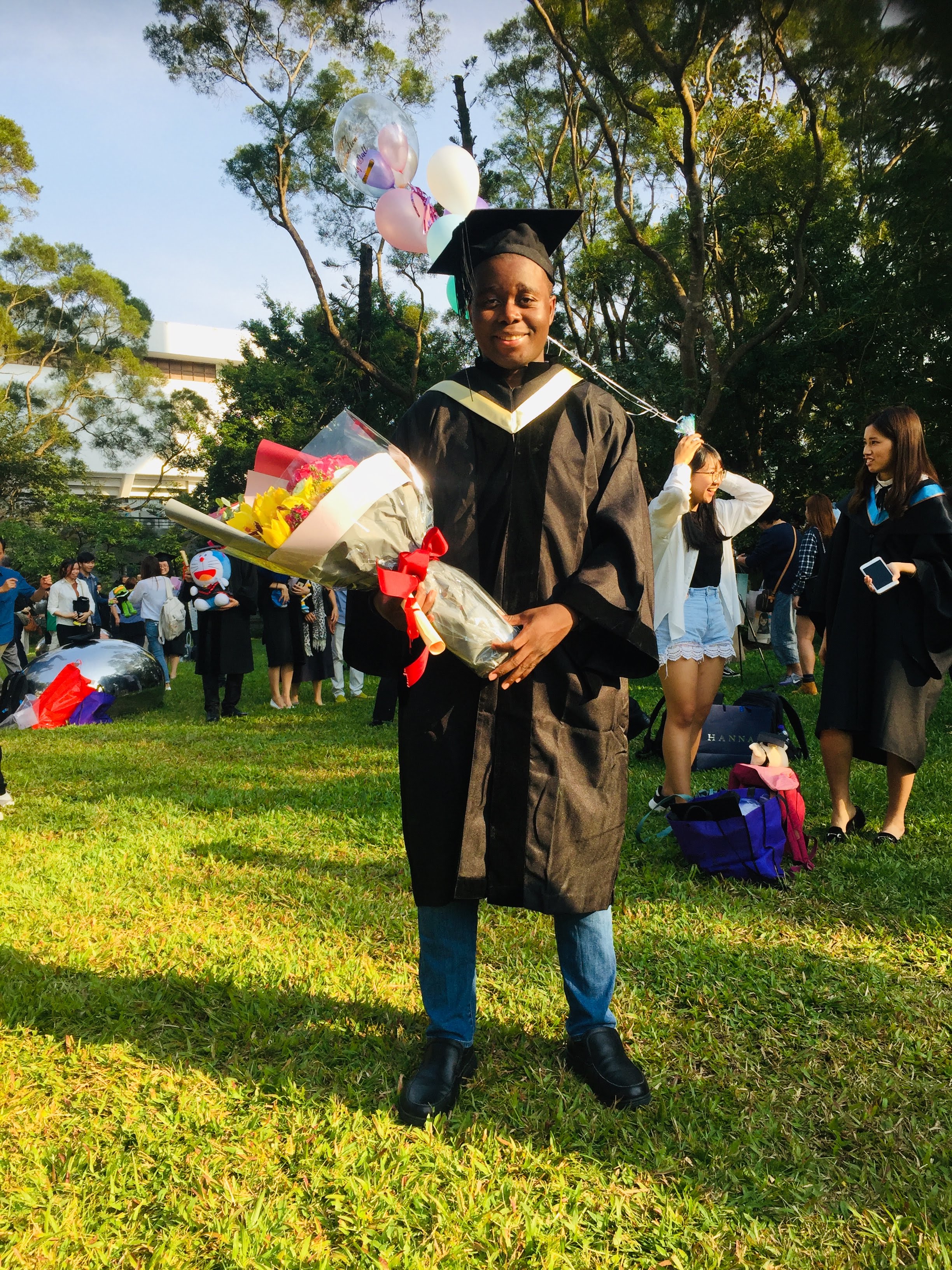
From this low point, Mutanga was able to lift himself and ended up studying at university. He started by auditing various classes and remembers standing out as the only Black student. He did so for two years at three different universities without even being enrolled. After those two years, Mutanga took local exams and applied for a student visa so that he could officially enroll as a student.
During his studies, Mutanga made a striking discovery. “I think a large part of it is that the curriculums in Hong Kong, they are not very much decolonized. There’s a huge need to decolonize curricula in Hong Kong, especially on the lower part of the education,” he points out.
As an African in Hong Kong, Mutanga has experienced discrimination and social challenges; specifically, the ostracization he felt from other ethnic and racial communities within Hong Kong.
“Initially, I would really get affected a bit,” says Mutanga. “‘Ah, why, why, why, why? What’s wrong with me? What’s wrong with that one?’ But at some point though … I guess it came with just being confident in myself. I was just like, ‘You know what, it’s your own problem.’ You know me, I’m gonna live my life.”
The beginnings of Africa Center Hong Kong
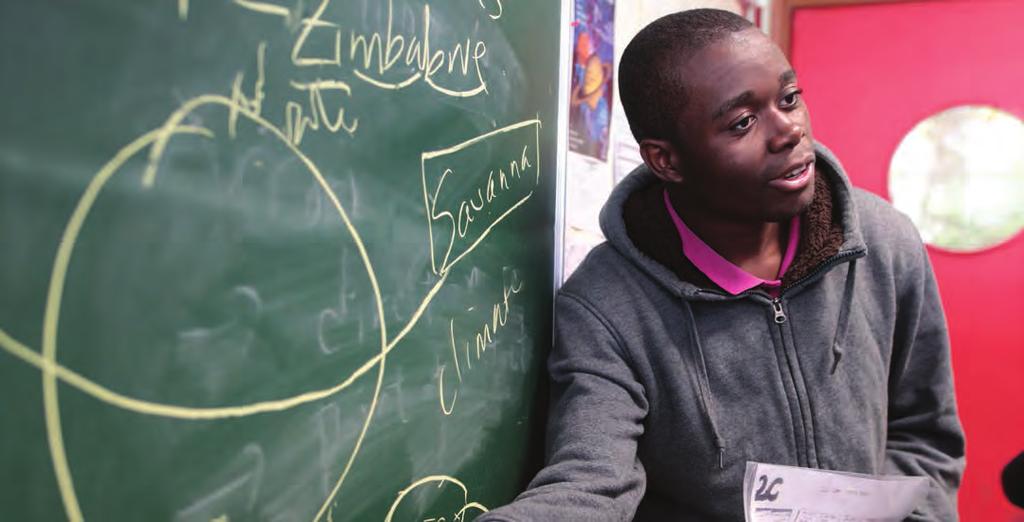
After finishing his education, Mutanga began to see how he could close the postcolonial gap in education. “I started to see that people were very interested,” he recalls.
“People were curious, so there was a need and a demand for it. So I get asked, ‘Oh, can you come and sit?’ Some people even ask me – rich people – they asked me, ‘Oh, can you come to my house? You talk to my family later, you know, educate them?’
“The other thing that really got me to start, it was really a whole change … hegemonic changes on the macro level … I mean, I was always not very happy with the fact that Blacks always get the ugly side of the stick. And that has been happening for like 400 years, if not more. So me being part of that history and being part of that, inheriting that heritage, it was definitely painful in a sense like, ‘Gosh, this is too long. It’s got to end. This has to end. I may not enjoy this. But my descendants are going to have to enjoy the fruits.’”
Mutanga’s vision for ACHK is clear. “There’s a lot of outdated information or understanding or even feelings that a lot of people have on Africa. One of the goals then is to sort of like, how do we take ownership of the African story and rebrand it to the people that are here in Asia? There is definitely hope that people in Asia are ready to learn and they are willing to hear, and I’ve seen a real change, even in a short period of time.
“So come to rebranding Africa, rebranding Blackness, so that people, when they hear Blackness, they see Blackness, they work with Blackness, they don’t have those old feelings that they’ve inherited from the West.
“People here really don’t have a very strong, long history interacting with Africa or Blackness. If anything, whatever they have, it’s definitely come from the West through TVs, through media and stuff like that. So, really one of the goals is to rebrand and educate people so that people really will have developed new associations – new, correct – [and] assess new feelings when they are interrupted.”
Seizing the day
The natural curiosity of those he encountered gave Mutanga the determination to found Africa Center Hong Kong. “What gives me the confidence [is] that I could tell there was a need, people asking me all the stuff, ‘I want to learn about this.’ I know there was a need and people that gave me the confidence,” he explains.
He continues: “What inspired me was these readings, you know, especially from Chinua Achebe … and then what gave me the agency, which is like to do it now. It was now the change in the dynamics between Asia and the West. So I say, this is the best moment. This kind of change has only happened once.
“If it happens quick and once in a hundred years, if not once in 500 years, this kind of change is where there is a change in hegemonic shift. And then I knew this [is] the time, with these new guys taking more power and more stability. We might as well start to tell our stories. So that really gave me the agency.”
Education is power
One of the main goals that Mutanga expresses in how he runs ACHK is to re-imagine how outsiders view the African continent. When “educating people on African culture,” Mutanga says, “we really need to make it sexy.” He wants this space to seem “more appealing” to “the ordinary person.” Integrating African influences into pop culture is among the many ambitions that Mutanga has for this vision.
At the moment, ACHK is focusing on education programs for school-aged children. “One program we’re doing,” he says, “which is very ambitious and it’s been taking off very good, has been the introducing African literature into these different schools … I always tell people we’re not interested in manipulating the heart. We want their brain, so they are reading these books, and they are so relevant to themselves.”
Other educational programs which have proved successful are cooking courses and music classes that ACHK offers. Mutanga hopes that these programs will one day evolve into an African international school, on par with the French, British and American international schools that already exist within Hong Kong.
Is your business doing something cool that you want to show off? Get in touch at hello@themilsource.com




Comments ()